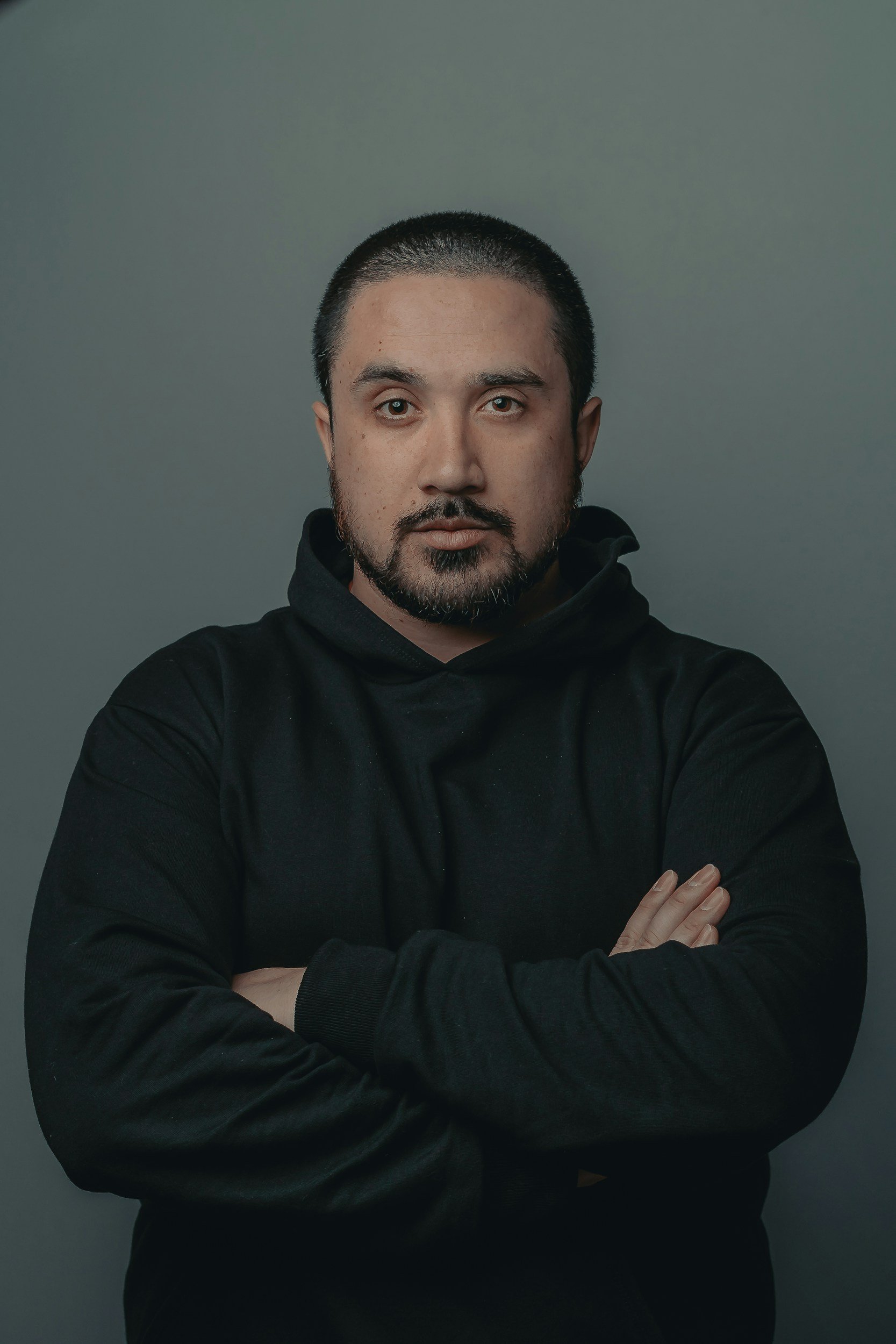
PTSD
Understanding PTSD: Symptoms, Causes, and How Treatment Can Help
What is PTSD?
Post-Traumatic Stress Disorder (PTSD) is a mental health condition that can develop after experiencing or witnessing a traumatic event, such as military combat, assault, natural disasters, serious accidents, or other life-threatening experiences.
People with PTSD often relive the event through flashbacks, nightmares, or intrusive thoughts, and may feel intense anxiety, anger, or emotional numbness that affects their daily lives and relationships.
Post-Traumatic Stress Disorder (PTSD) Symptoms
-
PTSD Behavioral Symptoms
• Intrusive memories or flashbacks of the traumatic event
• Nightmares or distressing dreams
• Avoidance of reminders or triggers associated with the trauma
• Emotional numbness or detachment from others
• Hypervigilance or being constantly on guard
• Difficulty concentrating or staying focused
• Irritability or angry outbursts
• Reckless or self-destructive behavior
• Social withdrawal or isolation
• Difficulty experiencing positive emotions
-
PTSD Physical Symptoms
• Increased heart rate or palpitations
• Sweating or chills
• Shortness of breath or hyperventilation
• Muscle tension or body aches
• Fatigue or low energy
• Headaches or migraines
• Sleep disturbances, including insomnia
• Gastrointestinal issues, such as nausea or upset stomach
• Trembling or shaking
• Sensitivity to sudden noises or movements
Medication Management for PTSD
How Medication Can Help:
Reduce feelings of fear, anxiety, and sadness.
Improve sleep and decrease nightmares.
Help you stay calmer and more focused throughout the day.
Medication Management Options for PTSD:
SSRIs (Selective Serotonin Reuptake Inhibitors):
Often first-line treatments to improve mood and reduce anxiety.
SNRIs (Serotonin-Norepinephrine Reuptake Inhibitors):
Helpful for both anxiety and depressive symptoms.
Prazosin:
Frequently used to help with trauma-related nightmares and sleep issues.
Other medications:
Depending on your specific needs, we may consider additional options for anxiety, mood stabilization, or sleep support.
At Skye Mental Health, medication management is never one-size-fits-all. We take the time to listen, monitor your progress, and adjust your treatment plan as needed to ensure the best possible results. Healing is a process, and we’re here to walk beside you every step of the way.

